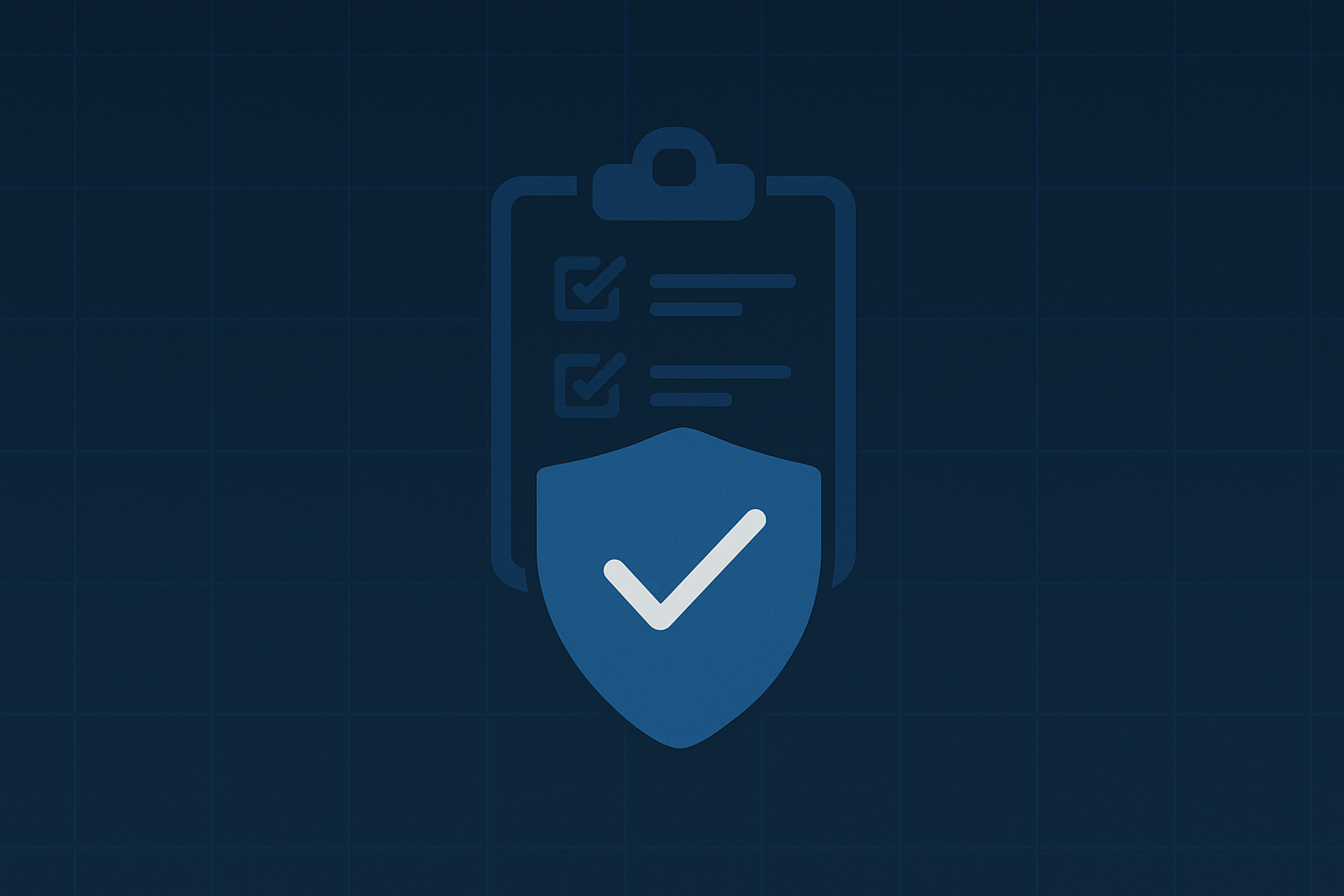For many organizations, Governance, Risk, and Compliance (GRC) often feels like a necessary evil, a mountain of checklists, audits, and regulations designed purely to avoid penalties. It’s a common perception, but it’s also a limiting one. In today’s dynamic threat landscape, viewing GRC as merely a compliance burden misses its profound potential as a strategic enabler for true cybersecurity resilience.
The Peril of “Checklist Compliance”
A narrow focus on “checklist compliance” can create a false sense of security. Simply meeting the minimum requirements of a standard (like HIPAA, PCI DSS, or ISO 27001) doesn’t guarantee your organization is secure from evolving threats. It’s often a snapshot in time, failing to account for:
-
Emerging Risks: New vulnerabilities, sophisticated attack techniques, or unforeseen geopolitical events that aren’t explicitly covered by current regulations.
-
Operational Realities: How policies translate into daily practice, where human error or inefficient processes can negate technical controls.
-
Business Objectives: Whether security efforts are actually aligned with your strategic goals, rather than just being a separate, mandated function.
This reactive approach can leave your organization vulnerable, leading to breaches, reputational damage, and ultimately, far greater costs than a proactive, integrated GRC strategy.
GRC as a Strategic Framework for Resilience
Instead, consider GRC as an interconnected framework where Governance sets direction, Risk Management identifies and mitigates threats, and Compliance ensures adherence to external and internal mandates. When integrated effectively, GRC becomes a powerful engine for cybersecurity resilience:
-
Holistic Visibility: GRC provides a unified view of your organization’s risk posture across technology, processes, and people. It helps identify interdependencies and systemic vulnerabilities that siloed approaches often miss.
-
Proactive Risk Management: Rather than just reacting to audits, an integrated GRC program continuously identifies, assesses, and prioritizes risks. This enables proactive decision-making and resource allocation to address the most critical threats before they materialize.
-
Strategic Alignment: GRC ensures that cybersecurity initiatives directly support business objectives. It helps leaders understand the risk appetite, allowing for informed decisions that balance innovation with security requirements.
The Benefits of an Integrated GRC Approach
Embracing GRC beyond mere compliance offers tangible benefits:
-
Improved Decision-Making: With real-time risk intelligence and compliance status, leaders can make data-driven decisions, allocating resources more efficiently and strategically.
-
Enhanced Agility: A well-defined GRC framework allows your organization to adapt quickly to new regulatory changes, market shifts, or emerging threats without scrambling.
-
Cost Efficiency: Preventing breaches, avoiding regulatory fines, and streamlining audit processes through automation and integrated controls ultimately leads to significant cost savings.
-
Building Trust and Reputation: Demonstrating a mature and proactive GRC program fosters confidence among customers, partners, and investors, distinguishing your organization in the marketplace.
GRC: A Journey of Continuous Improvement
GRC isn’t a one-time project; it’s a continuous journey of improvement. Effective GRC programs involve:
-
Regular Monitoring and Auditing: Continuously assessing controls and processes to ensure their effectiveness.
-
Feedback Loops: Integrating lessons learned from incidents, audits, and emerging threats back into the governance and risk management frameworks.
-
Technological Enablement: Leveraging GRC platforms to automate workflows, centralize data, and provide real-time dashboards for better oversight.
By embedding GRC into your organizational DNA, you create a self-improving system that constantly adapts to new challenges.
Partnering for Resilient Growth
At Cyberpacket, we understand that true cybersecurity resilience isn’t just about preventing attacks; it’s about building a robust and adaptable framework that supports your business’s growth and innovation. Our GRC services help organizations of all sizes move beyond the checklist, establishing frameworks that foster a culture of security and empower confident decision-making.
Don’t let compliance be a burden. Let it be your strategic advantage.
